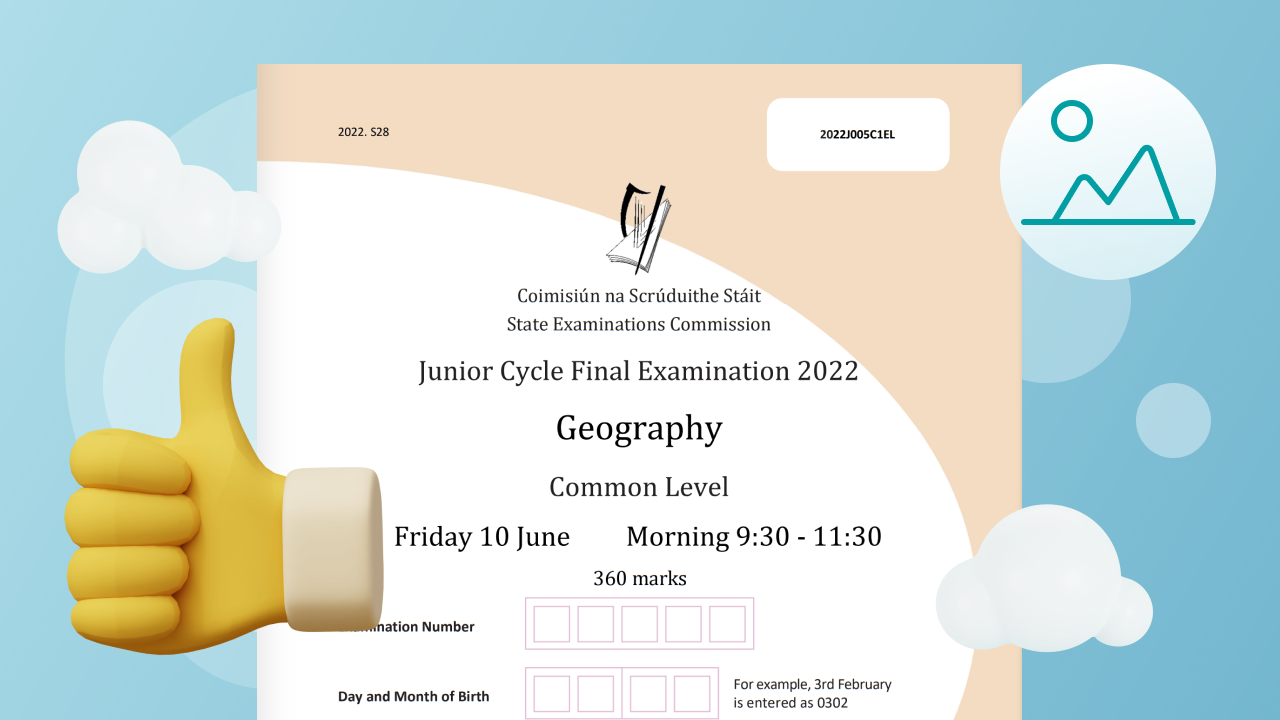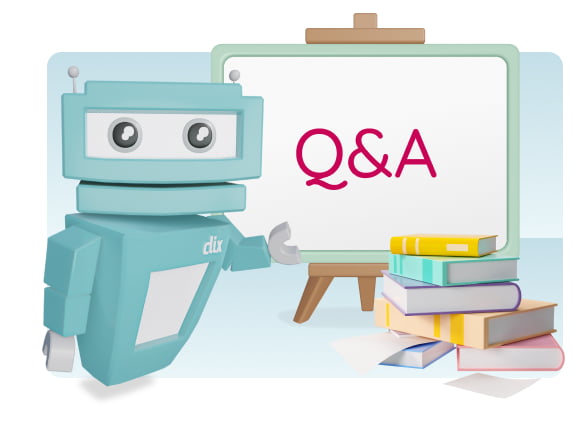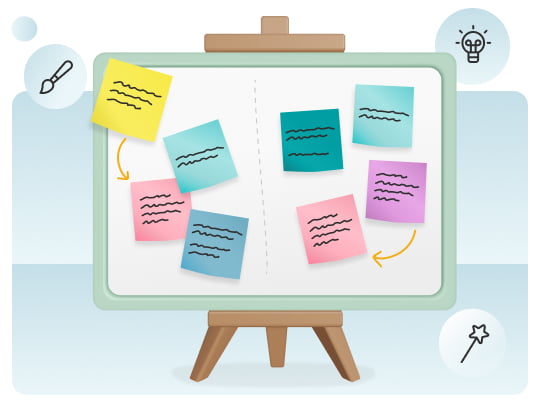There are two Classroom-Based Assessments (CBAs) in Junior Cycle Geography and they are assessed at common level. The new Junior Cycle Geography course allows students the opportunity to showcase their work from 2nd and 3rd years through these specific tasks which are given to students by your class teacher. After you complete both CBAs, you will be given two 'descriptors' (more about that later). These descriptors will be added to your Junior Cycle Profile of Achievement alongside the grade you get in your exam at the end of 3rd year.
For some students, you may have already completed CBAs in other subjects but for others, the idea of doing a CBA may seem scary but fear not! This guide will help you through your geography CBA step-by-step to ensure you get the highest descriptor possible.













